You love your personal library. It’s filled with books that you cherish, some of which have been passed down through generations. But have you ever thought about the copyright laws that apply to the books in your collection? Understanding these laws can help ensure that you’re using your books legally and ethically.
In this article, you’ll learn the basics of copyright law and how it applies to your personal library. You’ll discover what you can and cannot do with the books you own, and best practices for staying within copyright law guidelines.
By the end of this article, you’ll have a better understanding of how to protect your rights as a book owner while still enjoying your personal library to the fullest.
Table of Contents
Understanding Copyright Law Basics
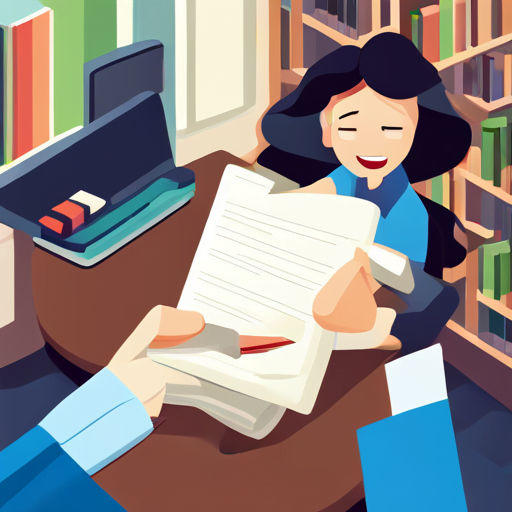
Get a grasp on the basics of copyright so you can confidently navigate ownership of your literary collection. Copyright is a legal protection that gives the owner exclusive rights to their original creation. This includes works of literature, music, art, and more.
As the owner, you have the right to reproduce, distribute, and display your work. Copyright law also protects against others using your work without your permission, which is known as infringement.
It’s important to note that copyright protection lasts for a certain amount of time, depending on the type of work and the country where it was created. For example, in the United States, copyright protection lasts for the life of the author plus 70 years for most works.
Understanding these basics will help you make informed decisions about the use and distribution of your personal library.
What You Can Do with the Books You Own
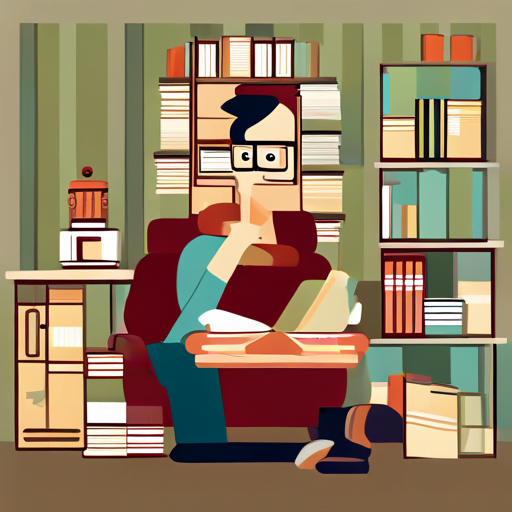
You can finally relax and enjoy the books you’ve purchased without worrying about any legal consequences. Once you own a physical copy of a book, you have the right to do whatever you want with it.
You can loan it to a friend, sell it at a garage sale, or even use it as a doorstop. However, things get a little more complicated when it comes to digital copies.
If you’ve purchased a digital copy of a book, you technically don’t own it in the same way you would a physical copy. Instead, you’re usually purchasing a license to access the content.
This means that your ability to share or transfer the book is limited by the terms of the license agreement. Make sure you read the terms carefully before making any assumptions about what you can and can’t do with a digital book.
What You Cannot Do with the Books You Own
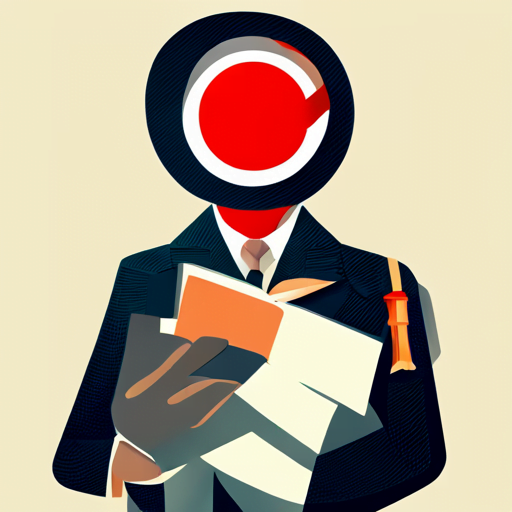
It’s important to know the limitations of what you can do with your digital book purchases, as you may not have the same freedom as you do with physical copies.
For example, you cannot make copies of the book, distribute it to others, or alter the content in any way. This is because digital books are protected by copyright law, which gives the author or publisher the exclusive right to control the use and distribution of their work.
Another limitation of digital book ownership is that you cannot resell or lend the book to others. This is because digital books are often sold under a license agreement, which restricts the use of the book to the original purchaser only.
While some platforms may allow for lending or sharing of digital books, it is important to read the terms and conditions carefully to avoid any violations of copyright law.
Overall, it’s important to be aware of the limitations of your digital book ownership to ensure that you’re not infringing on the rights of the author or publisher.
Best Practices for Staying Within Copyright Law Guidelines
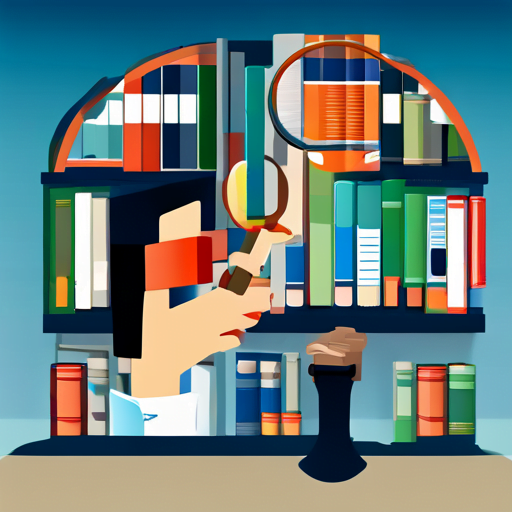
By following these guidelines, you can protect the hard work and creativity of authors and publishers while enjoying the convenience of digital book ownership.
First, make sure to only make copies of materials that fall under fair use guidelines, such as making a single copy for personal use or study. It’s also important to properly cite any sources and give credit to the original author.
Another best practice is to avoid sharing copyrighted materials with others without permission. This includes sharing digital copies of books or articles through email, social media, or file-sharing platforms. If you want to share something with a friend, consider lending them a physical copy of the book instead.
By being mindful of copyright laws, you can enjoy your personal library while respecting the intellectual property of others.
Conclusion: Protecting Your Rights as a Book Owner
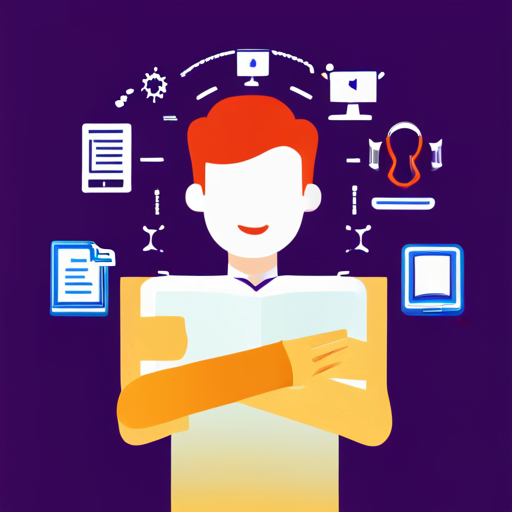
As a book owner, it’s important to know how to protect your hard-earned investment and appreciate the value of the work put into creating the books you own. By understanding copyright law, you can ensure that you are within the boundaries of legal use and avoid any potential legal issues.
It’s important to remember that just because you own a physical copy of a book, it doesn’t mean you have the right to reproduce, distribute, or display it without permission from the copyright holder.
To protect your rights as a book owner, always make sure you are obtaining your books from legal sources. Avoid downloading or purchasing pirated copies of books, as this can not only be illegal but also take away from the hard work and creativity of the author.
Additionally, always check for any copyright notices or restrictions before using a book in any way. By being mindful of copyright law and respecting the rights of creators, you can enjoy your personal library without any legal issues.
Frequently Asked Questions
Can I use copyrighted material in my personal library for educational purposes?
If you’re wondering whether you can use copyrighted material in your personal library for educational purposes, the answer is a bit complicated. While fair use allows for limited use of copyrighted material for educational purposes, it’s important to consider the specific circumstances of your use.
Factors like the nature of the copyrighted material, the amount used, and the effect on the market for the original work all play a role in determining whether your use is considered fair. Additionally, it’s important to note that fair use is a defense, not a guarantee, so it’s always best to err on the side of caution and seek permission or use alternative, non-copyrighted materials whenever possible.
Is it legal to sell or donate a book I own that contains copyrighted material?
Yes, it’s generally legal to sell or donate a book you own that contains copyrighted material.
However, you can’t make copies of the material or distribute it in any way that would infringe on the copyright holder’s rights.
If you’re unsure about whether your actions would violate copyright law, it’s always best to consult with a legal professional.
Additionally, if you’re purchasing used books that contain copyrighted material, it’s important to ensure that the seller has the legal right to sell the material before making a purchase.
Can I legally make copies of a book I own for personal use?
You may be wondering if you can legally make copies of a book you own for personal use. The answer is that it depends on the specific circumstances.
If the book is in the public domain or the copyright has expired, then you’re free to make copies. However, if the book is still under copyright protection, then you must obtain permission from the copyright holder before making any copies.
It’s important to remember that just because you own a physical copy of a book, it doesn’t give you the right to reproduce it without permission. Always consult a lawyer or legal expert if you’re unsure about the legality of making copies of a book you own.
How long does copyright protection last for books and other written works?
Copyright protection for books and other written works lasts for the life of the author plus 70 years.
This means that if the author of a book passed away 50 years ago, the book is still protected by copyright for another 20 years.
It’s important to note that the length of copyright protection may vary depending on the country in which the work was created or published.
As a reader and owner of a personal library, it’s important to respect copyright law and not make unauthorized copies of copyrighted works.
Is it legal to lend a book I own to a friend or family member?
You might be wondering if it’s okay to lend a book you own to a friend or family member.
The answer is yes, it is legal to do so in the United States. This is because of the first-sale doctrine, which allows the owner of a legally obtained copy of a copyrighted work to sell, lend, or give away that copy without permission from the copyright owner.
However, it’s important to note that if you make copies of the book or distribute it in any way, you could be infringing on the author’s copyright.
So, feel free to lend out your books, but be sure to respect the rights of the author.
Conclusion
Congratulations! You’ve successfully navigated the complex world of copyright law and are now equipped to protect your rights as a book owner.
By understanding the basics of copyright law, you can confidently make decisions about what you can and can’t do with the books you own.
Remember, you have the right to use your books for personal use, such as reading and research. However, it’s important to be aware of the restrictions on copying and sharing copyrighted material.
By following best practices and staying within copyright law guidelines, you can enjoy your personal library while respecting the rights of authors and publishers.
Keep these guidelines in mind, and enjoy your books with peace of mind!
